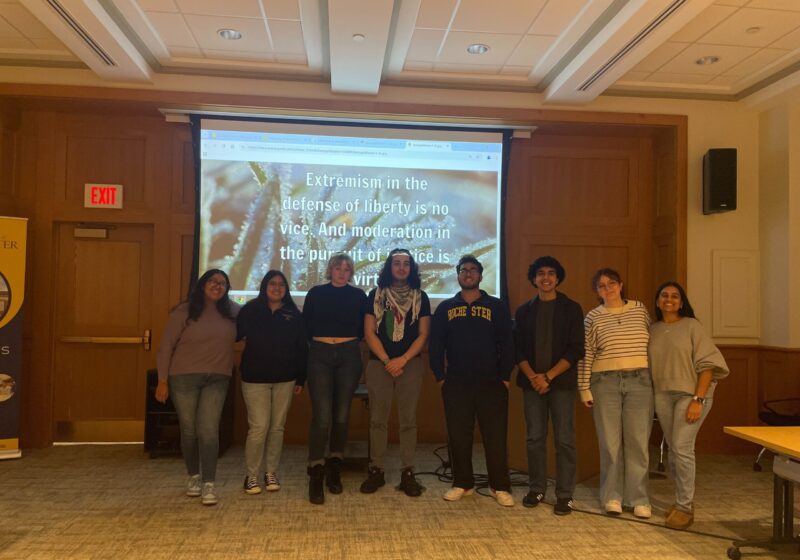![]()
To the campus community, the Students’ Association praises the diversity of groups on campus and encourages their formation, but there is a stark difference between this portrait and the infinitely more bureaucratic reality. Founding a group on campus is not quite as easy as finding others with similar interests and filing a form with the SA to be recognized. It also requires a meeting with the SA Senate’s Policy and Review Committee, after which a group may be considered on “preliminary” status, during which it has some advertising space authorized by the SA and must focus on raising active membership above a specific threshold. Groups must also meet or communicate regularly with the Senate to inform them of the group’s situation. Groups that do not achieve a certain number of active members either continue languishing in this status or even be cut entirely.
Furthermore, under the SA’s increased bureaucratic oversight of its groups, every student organization must file a renewal form in the fall semester, a mid-year report and budget in the spring semester and several forms relating to events and activities run by the group. These forms help track the “improvement” of a group over time, including abstract concepts such as “transitions” between executive boards. Groups that miss any of these various forms — or do not present a rosy enough picture of their current situation — are liable to come before the Policy and Review Committee to discuss what can be done to put the group back on the right track. Some groups, such as academic councils in the humanities, have a much harder time meeting the SA’s requirements and, as such, end up on probation or preliminary status far more often than others. These groups face sufficient difficulty in recovering from either of these punitive measures. The SA can continue threatening to cut them, forcing the groups to hold as many events as possible to stave off being derecognized.
The new SA policies implemented last year, while certainly meant to ease the administration of a growing number of student organizations, have instead stifled groups who cannot meet the strict new requirements the SA forces upon them. The excessive bureaucracy required to maintain good standing with the SA has the effect of punishing underrepresented groups with more specific focuses, reducing them to a permanent state of near-disappearance.





